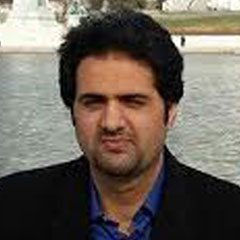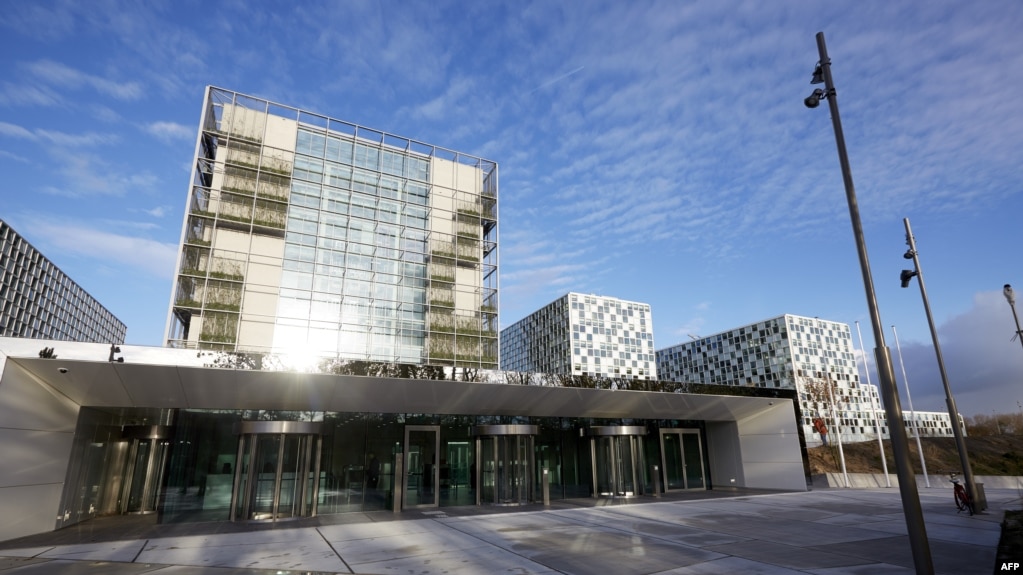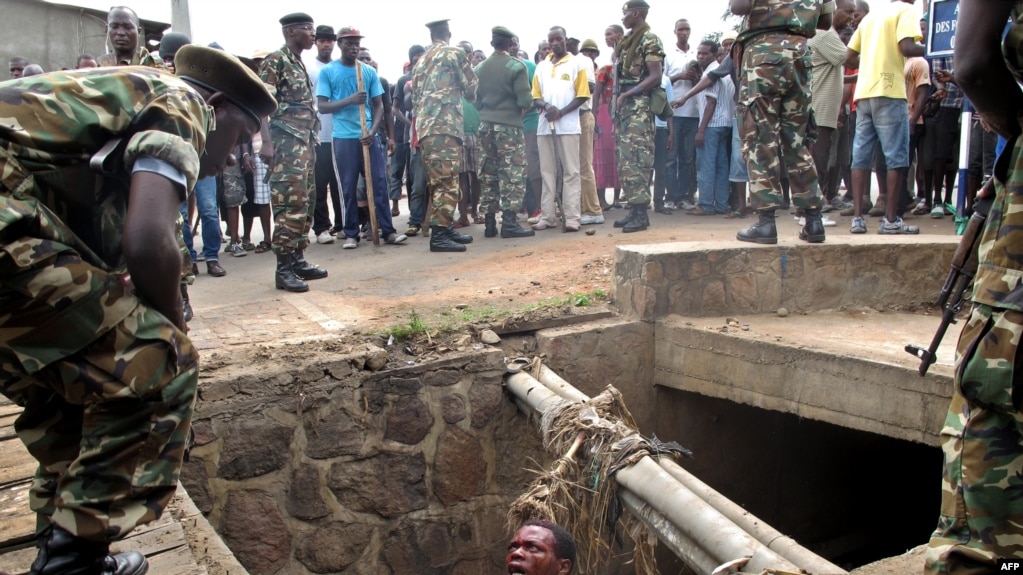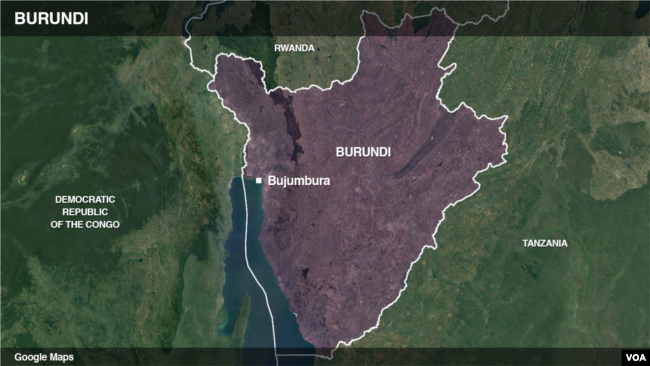 News
News
Ugandan civil society seeks arrest of visiting al-Bashir
The Ugandan Coalition for the ICC said civil society group Uganda Victims Foundation had filed an application seeking an arrest warrant for al-Bashir. The application will be heard at the International Crimes Division of the High Court in Kampala on Wednesday afternoon.
Al-Bashir is in Uganda on an official state visit from November 13 to 15.
The Sudanese president has two outstanding arrest warrants issued by the ICC in 2009 and 2010 on charges of war crimes, crimes against humanity and genocide committed in Darfur, Sudan, where it is estimated that around 300 000 people were killed and over two million were forced to leave their homes between 2003 and 2008 during al-Bashir’s counter insurgency campaign.
Because Uganda is a state party to the Rome Statute of the ICC, having signed the treaty on March 17, 1999, and ratified it on June 14, 2002, the country is bound to upholding the commitments set out in the Rome Statute to bring to justice perpetrators of serious crimes, said Coalition for the ICC convenor William Pace in a letter to Ugandan President Yoweri Museveni.
“Inviting an international criminal suspect to Uganda not only undermines the fight against impunity which Uganda has for long championed, but also betrays the concerns and interests of the victims of the most heinous crimes,” said Mohamed Ndifuna, executive director of Human Rights Network Uganda and president of the Uganda Coalition for the International Criminal Court.
South African predicament
“We therefore call upon the government of Uganda to fulfil its obligations under international and domestic laws by arresting and surrendering President Omar al-Bashir should he be found on Ugandan territory.”
Several civil organisations urged President Museveni to call for the arrest of al-Bashir who visited the country in May 2016 to attend Museveni’s inauguration.
“Despite the clear obligations to cooperate with the court, Uganda did not arrest Omar al-Bashir and surrender him to the ICC to face trial,” said the Uganda Coalition for the ICC in a statement.
The South African government was in a similar predicament after it failed to arrest al-Bashir and later ignored an order by the North Gauteng High Court in Pretoria preventing al-Bashir from leaving the country after attending an African Union summit in Johannesburg in June 2015.
The Supreme Court of Appeal (SCA) later dismissed the State’s appeal against a High Court ruling that government’s failure to arrest al-Bashir was inconsistent with its constitutional duties.
The SCA said that the South African government was obligated to cooperate with the ICC in arresting al-Bashir.
Earlier this year, in the wake of the controversy over the al-Bashir matter, the South African government stated its intent to withdraw from the Rome Statute.
However, later, in March this year, the government backed down on that idea following a ruling by the North Gauteng High Court in Pretoria in February which stipulated that a withdrawal would be unconstitutional and invalid and needed to be decided on by Parliament.
SOURCE: News24
https://www.news24.com/Africa/News/ugandan-civil-society-seeks-arrest-of-visiting-al-bashir-20171116
 Imran Jan
Imran Jan



